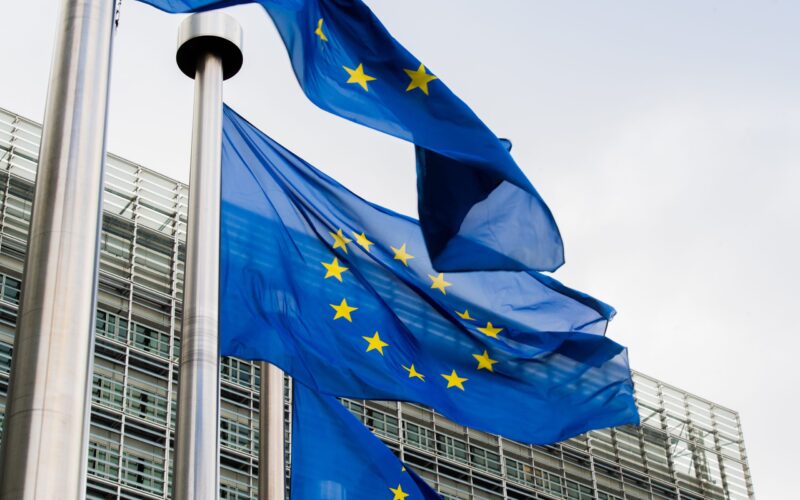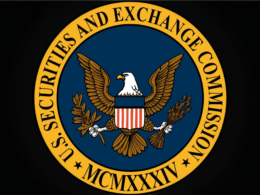European Union countries are considering postponing the introduction of EU-wide taxes on polluting aviation fuels for 20 years, in a bid to resolve long-stalled tax reform negotiations, according to a draft document seen by the media.
The European Commission proposed an overhaul of energy tax rules in 2021 to make them more climate-friendly, including gradually implementing taxes on fuels for flights within the 27-member bloc, which currently avoid EU-wide levies.
After failing to reach an agreement on an earlier proposal to introduce a minimum EU tax rate for jet fuel starting in 2028, countries are now discussing extending the tax exemption for both aviation and maritime fuels by another 20 years, the draft compromise revealed.
The document argued that, given the limited availability of sustainable aviation fuel (SAF), taxing aviation fuel would raise ticket prices without prompting a shift from fossil fuels to SAF. Only small aircraft with a maximum of 19 seats, and boats used for “private pleasure navigation,” would face minimum EU taxes before the 20-year period ends, it said.
For larger aircraft and vessels, countries could opt to impose national levies, though they would not be required to do so.
The draft suggests that EU countries will revisit the issue in 15 years to determine whether to introduce minimum EU tax rates on aviation and maritime fuels once the 20-year exemption expires. Other fuels, like petrol for cars and electricity, already face minimum EU taxes.
The compromise was drafted by Hungary, which currently holds the EU’s rotating presidency. Hungarian officials did not immediately respond to requests for comment.
EU diplomats are set to discuss the proposal later this month. Changing EU tax policy is particularly challenging, as it requires unanimous approval from all member states, allowing any one country to block reforms.
Environmental advocates, who have long called for ending the tax exemption for jet fuel, warned that a 20-year delay would conflict with the EU’s goal to reach net-zero emissions by 2050.
“By the time this tax would be in effect, the world is meant to have reached climate neutrality,” said Jo Dardenne, aviation director at non-profit group Transport & Environment.






















